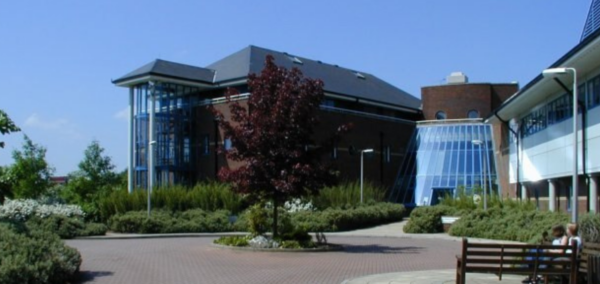
Photos show Castle Leazes being torn down after 50 years to make way for new student village
A new accommodation site with the capacity of over 2,000 students is expected to replace Castle Leazes in 2027
Castle Leazes student halls, housing tens of thousands of Newcastle University students in Spital Tongues over the last 56 years, is currently being torn down.
Photos of what remains of the site show cranes and rubble, as only a few towers are still standing.
Bosses are planning a £250 million redevelopment of the existing accommodation site, which is said to be completely demolished by this spring. Although the 1960s-built block of flats provided around 1,250 beds, the anticipated increase in Newcastle’s student population over the coming years has meant that there will be a shortage of student houses in the city.
In order to meet this growing demand of available living spaces for incoming students, Castle Leazes is being demolished due to significant concerns raised about its facilities, which were branded outdated as they no longer met modern housing standards.

via YouTube
A new accommodation site, with the capacity of more than 2,000, is expected to open on the existing Castle Leazes site in 2027. If approved by city planner, two sprawling building blocks will be implemented in this existing space.
The new buildings are said to vary between four and nine storeys in height, and would be arranged to create a series of courtyards with a central pedestrian courtyard. Some amenities of the accommodation will include study spaces, a gym, karaoke, cinema rooms, a games area and a café.

via YouTube
Most Read
Newcastle University students have expressed their sadness about this “end of an era” for Castle Leazes.
Although Castle Leazes is known for attracting a crowd of private school students, many opted for the accommodation due to its affordability as it was one of the cheaper student housing options.
Speaking to The Newcastle Tab about the demolition of Leazes, Lucy* explained said: “There’s now no undergraduate accommodation which can be paid in full by the minimum student loan. It’s bad to demolish the most affordable accommodation, and then further up the process elsewhere.”

via YouTube
The Newcastle Tab conducted a survey, asking students whether they were pleased the accommodation was being demolished. Titled “Shall we say bye-bye Leazes?”, 72 per cent of our follower base said, “YES GET RID”, whilst the remaining 28 per cent said “Nooo (rah tone) catered days were so boarding x” (if you know, you know).

via YouTube
A statement jointly issued by Newcastle University and Unite Students said: “Working together, Newcastle University and Unite Students are planning to provide new accommodation to meet the needs of the growing student population. Extensive consultation with local residents has taken place, to ensure the demolition work has minimal impact on the local community.”
“We believe this development – subject to planning approval – will alleviate pressure on the city’s housing market while providing sustainable, state-of-the-art facilities that students expect, and which ensures net biodiversity gain.”
















